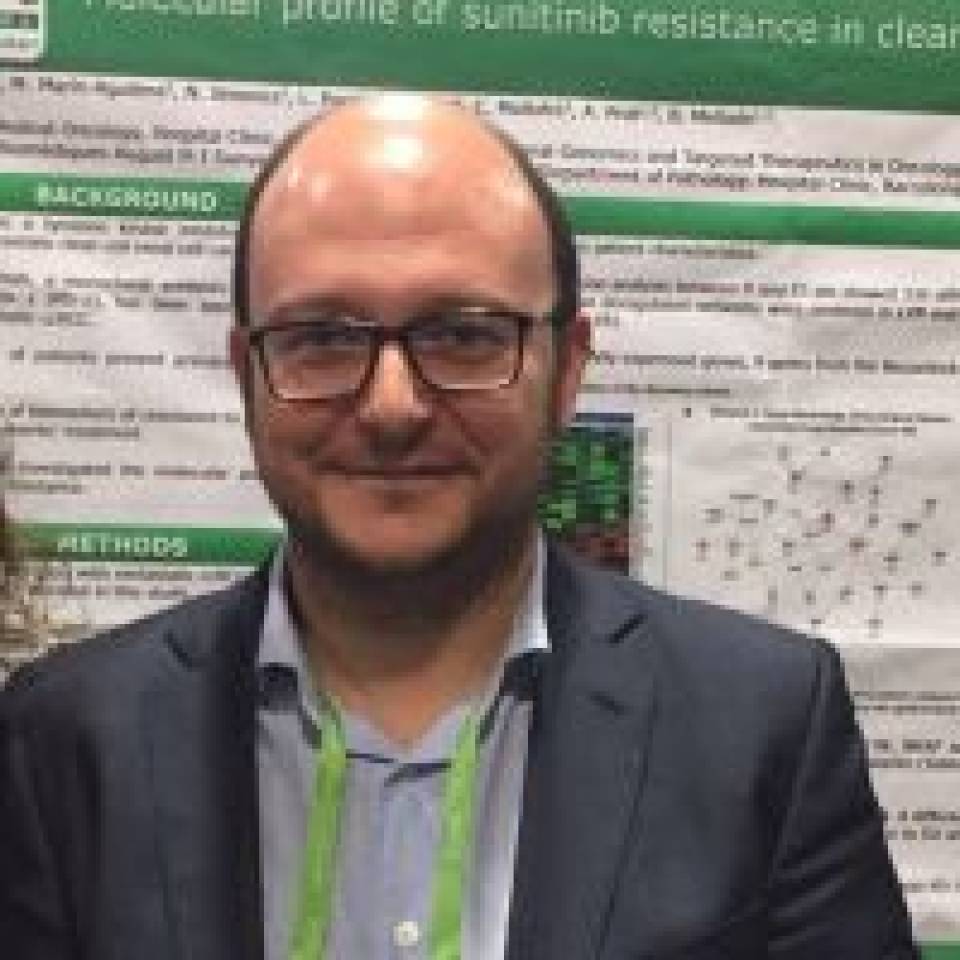Substantiated information by:
Meritxell Casanovas
Nurse
Oncology Service
Mireia Musquera Felip
Head of the Renal Transplantation Section
Urology Service
Oscar Reig Torras
Oncologist
Oncology Service
Published: 1 February 2022
Updated: 1 February 2022
The donations that can be done through this webpage are exclusively for the benefit of Hospital Clínic of Barcelona through Fundació Clínic per a la Recerca Biomèdica and not for BBVA Foundation, entity that collaborates with the project of PortalClínic.
Subscribe
Receive the latest updates related to this content.
Thank you for subscribing!
If this is the first time you subscribe you will receive a confirmation email, check your inbox
An error occurred and we were unable to send your data, please try again later.


